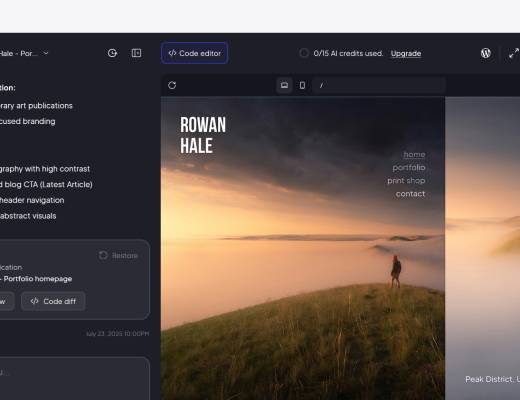Horizontal Acquisitions in eCommerce
Kazakhstan marketplace Kaspi is strengthening its presence in Ukraine, Azerbaijan, and Uzbekistan. Probably, the company plans to become the leading eCommerce platform in the Commonwealth of Independent States or even Eastern Europe. It’s already received the nickname “Kazakhstan Alibaba.” Kaspi’s strategy also resembles the development of Amazon, whose acquisitions list has already surpassed 100 companies. This list enabled the eCommerce giant to build an ecosystem where customers exclusively rely on Amazon’s projects — from delivering food to assembling purchased furniture at the buyers’ site. These deals allowed Amazon to expand its operations globally. In 2020, the eCommerce giant bought the developer of drone cars Zoox for $1.2 billion. In 2017 they also acquired Whole Foods Market for $13.7 billion. This enabled Amazon to launch its offline stores.
Amazon Ecosystem
How to Match and Surpass the Leaders
eCommerce market consolidation is inevitable, despite attempts by regulators to slow down these processes. The future of eCommerce is ecosystems and super-apps. For this purpose, market leaders are already absorbing the companies they need. Big players expand globally, enter foreign markets, and seem out of reach in regards to competition. But first, there will be a place for niche players. They will retain a unique audience through their expertise in a specific area. Secondly, you must, and you can compete even with wide-profile marketplaces like Amazon. You have to be ready either for a budget battle or for the use of another resource. For instance, the telecom operator has half the country as its subscribers. It can capitalize on its customer base and create a retail platform for clients as added value. So, this hypothetical telecom operator reduces the marketing budget and occupies their niche by reassigning resources. But the main prerequisite for the surpass the leaders is creating your own business ecosystem.What Is An Ecosystem for Retail?
It’s not enough to be just an online store or marketplace. You need many proprietary and partner services to meet customer demand. The goal of a business ecosystem is to satisfy as many needs as possible in a single place within one company. It’s not just about the need to buy a product but very different customer requests. In addition to Amazon, there is another well-known ecosystem in the world — Alibaba Group. They have everything from the wholesale platform Alibaba and retailer Aliexpress for services aimed exclusively at the Chinese market. They launched a YouTube-like platform called YouKu, an internet browser, a functional shell Alibaba Cloud, logistics, fulfillment, and a Big Data service Alimama. The key idea is that Alibaba covers the whole cycle of different needs from different types of customers. All of these products make it possible to integrate the goods and services of the Alibaba Group within a single ecosystem.
Alibaba Group Ecosystem







